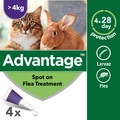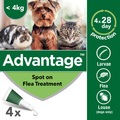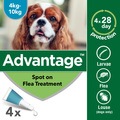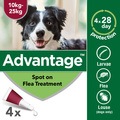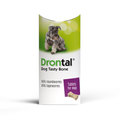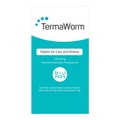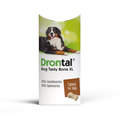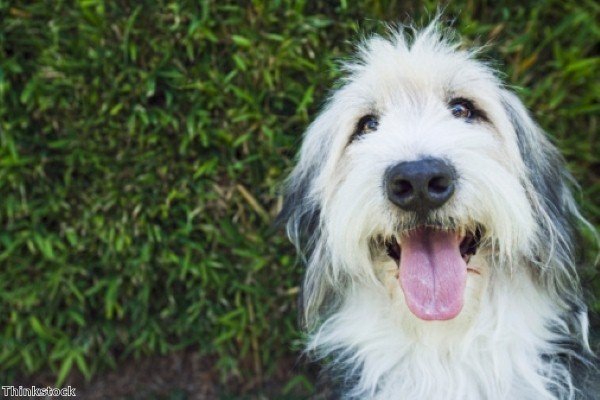
We all want the best for our pets and most dog owners will do everything it takes to ensure that their pooch is kept happy and healthy throughout their lives.
And when it comes to achieving a sleek coat, wet nose and waggy tail, you really need to start from the inside out, and ensure that your dog is eating a nutritious well-balanced diet.
However, when it comes to feeding our canine companions, the extensive variety of wet and dry dog food available can make choosing a canine diet confusing for the inexperienced eye.
Therefore, whether you have a purebred pedigree puppy or an ageing scruffy mutt, it's a good idea to take some time to learn the basics of canine nutrition before rushing out to buy your dog food.
Feeding your puppy
The first few months of your dog's life are some of the most important when it comes to nutrition, as puppies are not only more active than older dogs, but they also have a lot of growing to do in a relatively short space of time.
Therefore, it is essential that your start your pup off on a diet that contains all the nutrients they will require to grow up to be strong, healthy and active canines.
All dogs need to obtain 37 different nutrients from their food, but a bouncing energetic puppy can work their way through two or three times as many calories as an older canine and will also be developing their bones, muscle, skin and coat at a considerable rate.
While the exact diet you pick for your pup should depend on their stage of development, breed and individual preferences, your vet can help you find a puppy formula that is rich in protein to help growth, but is also fortified with vitamins and minerals - such as calcium, phosphorous, magnesium, zinc and iron - to help support little bones and teeth.
Nutrition for senior dogs
When your dog is starting to look a little grey around the muzzle and seems to be slowing down a little when out on walks, you may want to consider how their diet should be adapted for older age.
"One of the more preventable problems for older dogs is probably weight gain," says Dr Trisha Joyce, veterinarian of BluePearl Veterinary Partners in the United States explained to the Dog Daily.
"Like humans, dogs become more sedentary as they age, and their caloric needs decrease."
However, while a senior pooch may be less active and need fewer calories, they are also more prone to certain health conditions such as dental problems, weaker joints and skin and coat issues.
Therefore, the best diet for an older canine is one that contains easy to digest protein obtained from prime cuts of meat, lower calorie levels and a careful balance of key minerals, such as vitamins E and C.
Special diets
If your pooch is very overweight, has allergies or is suffering with a medical condition, your vet may advise that you switch them to a specialist diet.
Certain brands such as James Wellbeloved dog food design all their products to be hypoallergenic to meet dogs' specific needs, while the Burns Pet Nutrition range includes alternatives to prescription dog foods, which can be ideal when tackling canine weight gain.
Another increasingly popular option when it comes to choosing the ideal food for your pup is the raw dog food diet.
Backed by many pet nutrition experts, this diet allows owners to see that prime cuts of meat are used in their four-legged friend's food, while there are no fillers or other added ingredients used.
Not only is it argued that this diet is much closer to what our pet's ancestors would have fed on and is the type of food their bodies are designed to digest, but owners whose dogs have been fed this way report a glossier coat, better breath, healthier teeth and more energy from their pooch.
Written by: Declan

